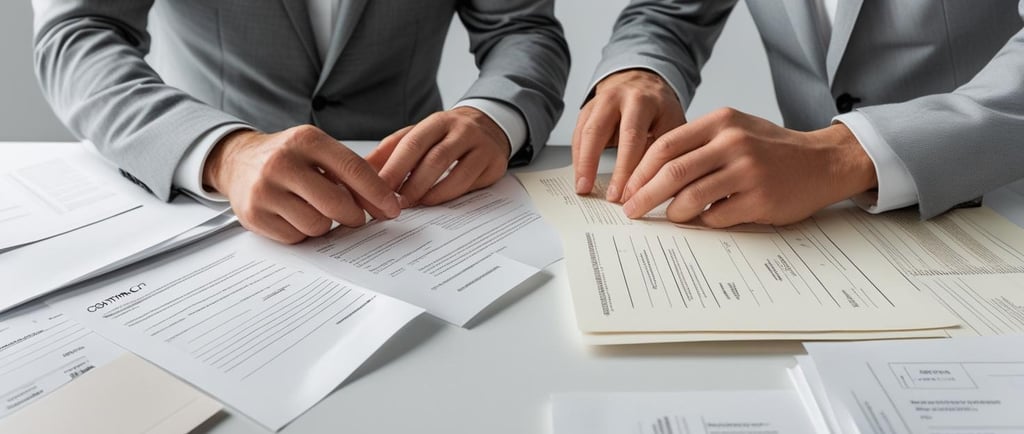Why Coexistence Agreements Don’t Always Work in Brazil
In Brazil, coexistence agreements between trademark owners do not guarantee registration. Learn how the Brazilian system differs from others.
Laila dos Reis Araujo
6/17/20251 min read


For many intellectual property attorneys accustomed to EU practice, Brazil’s approach to trademark coexistence often comes as a surprise.
In Europe, it is common for potentially conflicting trademark owners to sign a coexistence agreement, allowing both parties to use and register similar marks. If both sides consent and no opposition is filed, the path to registration is typically clear.
But in Brazil, things work differently.
Coexistence agreements don’t bind the Brazilian PTO
Under Brazilian law, trademark rights are considered a matter of public interest, not merely private negotiation. That means that even when a coexistence agreement exists, the Brazilian Patent and Trademark Office (INPI) retains full discretion to reject a trademark application if it finds a likelihood of confusion among consumers.
The INPI does not consider coexistence agreements to be binding and may disregard them entirely during the examination process.
The examiner has the final say
Even if no opposition is filed, the INPI can independently determine that the applied-for mark conflicts with an earlier registration. The rationale is consumer protection: the system prioritizes the clarity and distinctiveness of marks in the marketplace.
This approach often frustrates foreign applicants who have negotiated in good faith and expect their agreement to be sufficient.
So what can be done?
If you are advising a client on trademark strategy in Brazil, keep these points in mind:
Prepare for possible rejections, even when a coexistence agreement exists.
Use legal arguments carefully during examination or appeal phases to emphasize differences in goods/services, target markets, or trade dress.
Where relevant, submit a coexistence agreement as supporting documentation — while it won’t guarantee approval, it may help depending on the case.
Final thoughts
Brazil’s trademark system is unique in its treatment of coexistence. For attorneys working across borders, understanding these differences is essential to avoiding unexpected obstacles and better advising clients entering the Brazilian market.
If you’re assisting a client with brand protection in Brazil, local expertise can make all the difference especially when navigating the nuances of a system where private agreements aren’t always enough.


